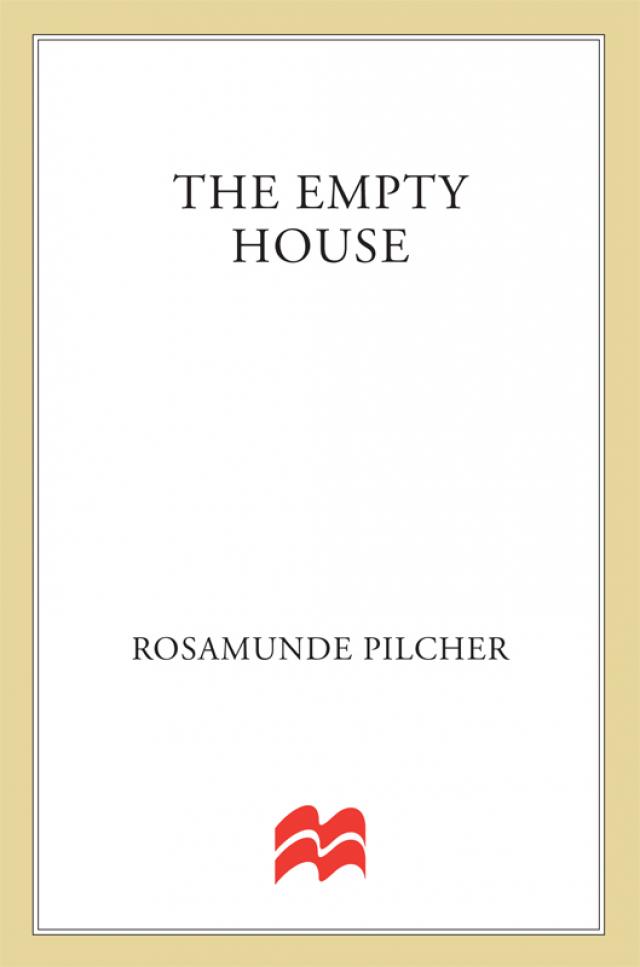
What was known as “the Baccarat Scandal” or “the Tranby Croft affair” had obsessed the Victorian newspaper-reading public when it came to the High Court in 1891. Here the story appears to be alluding to one of the biggest aristocratic scandals of the previous decade. Nevertheless, Conan Doyle’s dispatches for his newspaper reveal an enthusiastic support for Kitchener’s project which climaxed in 1898 with the Battle of Omdurman, in which 10,000 of the Khalifa’s forces were killed in a matter of hours by the British and Egyptian armies (which themselves suffered a mere 47 fatalities). In 1897 Conan Doyle was accredited as a journalist for the Westminster Gazette to accompany Herbert Kitchener’s expedition into the Sudan to wipe out the Mahdiyya, although his journalism was not much of a success as he was instructed by Kitchener personally to go home. The Mahdiyya’s forces had been responsible for some of Britain’s most disastrous military defeats of the 1880s, leading eventually to the martyrdom of General Charles Gordon, whose portrait, we are told in ‘The Adventure of the Cardboard Box’, hangs in 221b Baker Street. The Khalifa and his state in the Sudan, the Mahdiyya, held a similar position in the late-Victorian consciousness as the Taliban and Al Qaida do today. Holmes’s presence in Lhasa in the 1890s disguised as Sigerson was more likely to be read as groundwork for Younghusband’s invasion than disinterested exploration or an extreme method of lying low. He entered the country in December 1903 with a force of 10,000 and reached Lhasa in August 1904: it was an invasion in all but name, the final episode in what Kipling dubbed “the Great Game” in which Britain and Russia fought a cold war for control of the Asian lands that lay between their two empires. By 1903, Francis Younghusband’s “expedition” to Tibet was in full swing. But it was another explorer of Tibet who was really making the headlines, and which alerts us to the imperialist sub-text of the story. ‘Sigerson’ is perhaps an allusion to the Swedish explorer Sven Hedin, whose groundbreaking explorations of Central Asia and the Tibetan plateau – his findings first published in a British and American edition in 1903 – had begun to excite interest and admiration.

These three sentences contain a wealth of allusions to imperial exploration and conquest.


 0 kommentar(er)
0 kommentar(er)
